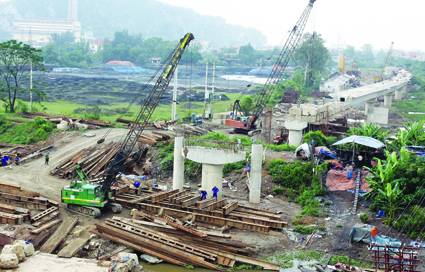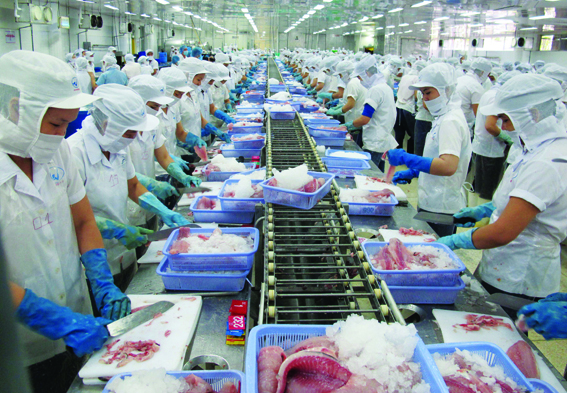Taking effect on July 1 this year, the 183-article Housing Law (the Law) creates a transparent legal framework to meet the changing needs of the real estate market.
The scope of regulation of this Law is well-defined. It governs development investment in houses, including commercial houses, social houses, official-duty houses, houses for resettlement, houses of households and individuals; house management, use and transactions and state management of housing. Meanwhile, transactions of purchase, sale, lease or lease-purchase of commercial houses of real estate businesses and cooperatives come under the scope of the Law on Real Estate Business. The Law also removes overlaps between the housing law and other relevant laws such as the Civil Code, the Public Investment Law, the Investment Law, the Land Law and the Construction Law.
The Law expands groups of overseas Vietnamese and foreign organizations and individuals eligible to buy and own houses in Vietnam.
House ownership
Under Article 7, subjects eligible to own house in Vietnam are domestic organizations, households and individuals, overseas Vietnamese and foreign organizations and individuals.
Compared to the current Law, the Law revises the rights to own houses granted to overseas Vietnamese and foreign organizations and individuals.
Overseas Vietnamese who are permitted to enter Vietnam have the right to own houses in Vietnam without any residency requirement or limitation on the type or quantity of houses to be owned. They may purchase or lease-purchase commercial houses of real estate companies or cooperatives, purchase or receive as donation, exchange or inheritance houses of households or individuals, or receive transferred residential land use rights under commercial housing investment projects permitted to sell foundation grounds for self-building their houses.
Foreign organizations eligible to own houses are also added, including investors with house construction projects in Vietnam, foreign-invested enterprises, branches and representative offices of foreign enterprises, foreign investment funds and foreign bank branches operating in Vietnam.
Foreigners permitted to enter Vietnam and not entitled to diplomatic or consular immunities and privileges will be allowed to own houses in Vietnam.
Foreign organizations and individuals may own houses in the following forms: investment in house construction projects in Vietnam; purchase, rent-purchase, receipt of donation or inheritance of commercial houses, including condominium apartments and individuals houses under housing investment projects, except those located in national defense and security areas.
Rights and obligations of house owners being overseas Vietnamese and foreign organizations and individuals
Under Articles 10 and 11, overseas Vietnamese have the rights and obligations of house owners as those of Vietnamese citizens.
Rights and obligations of house owners being foreign organizations and individuals are provided in Articles 161 and 162. Accordingly, foreign organizations and individuals have the rights and obligations of house owners like Vietnamese citizens but must comply with some provisions.
They may only purchase, rent-purchase or receive as donation or inheritance, and own no more than 30% of the number of apartments in a condominium or 250 separate houses in an area with a population equivalent to that of a ward-level administrative unit. They are required to pay for house purchase or rent-purchase via a credit institution operating in Vietnam.
Foreigners may lease out their houses but must notify the lease to the district-level housing management agency before the lease and pay taxes on house lease. Foreign organizations may only use their houses as residences for their employees. They may not use their houses for lease, as working offices, or for other purposes.
Foreigners may own their houses for 50 years after receiving the investment certificates. For foreign organizations, their house ownership duration will be agreed in house purchase and sale or rent-purchase contracts or donation or inheritance transactions within the term specified in their investment certificates. The house ownership duration must be clearly stated in the investment certificate. Before the expiration of the house ownership duration, owners may donate or sell their houses. After this duration, if owners fail to donate or sell their houses, such houses must come under state ownership.
A foreigner married to a Vietnamese citizen or an overseas Vietnamese is entitled to stable and long-term ownership and has the rights and obligations of a house owner like a Vietnamese citizen.
The Law will replace Housing Law No. 56/2005/QH11, Law No. 34/2009/QH12, Law No. 38/2009/QH12 and Resolution No. 19/2008/QH12 of the National Assembly on pilot permission for foreign organizations and individuals to purchase and own houses in Vietnam.- (VLLF)

